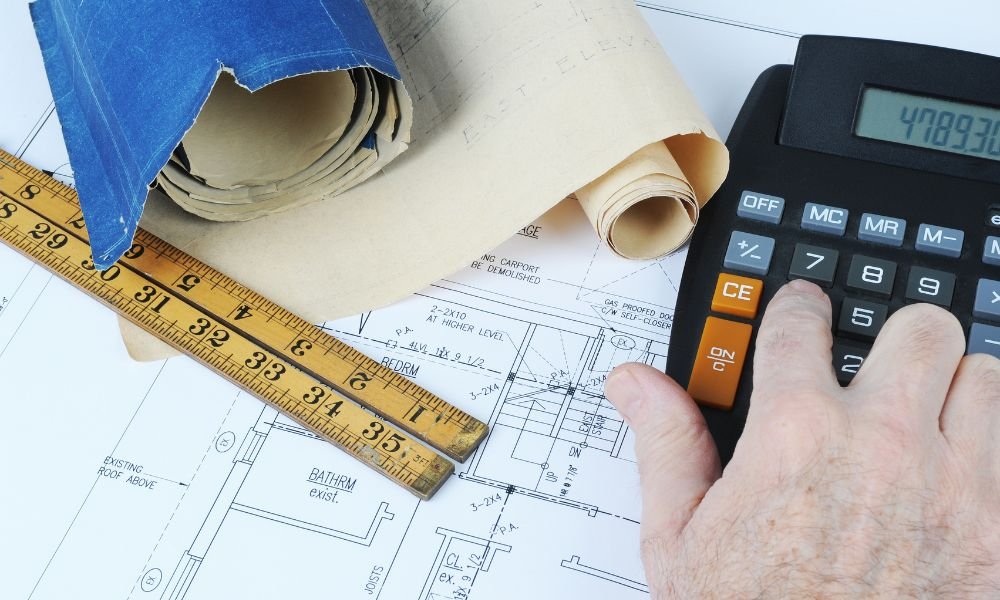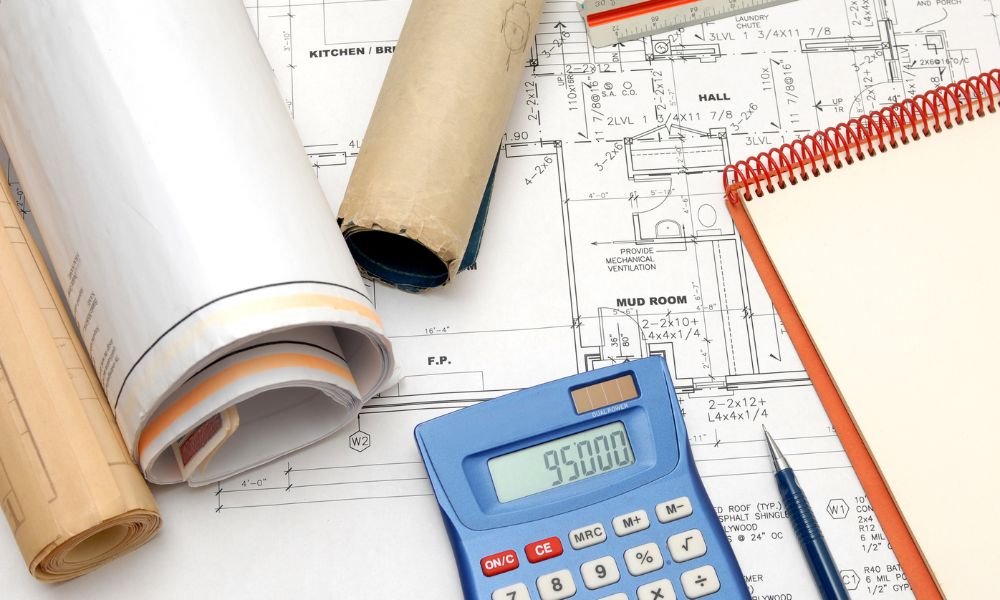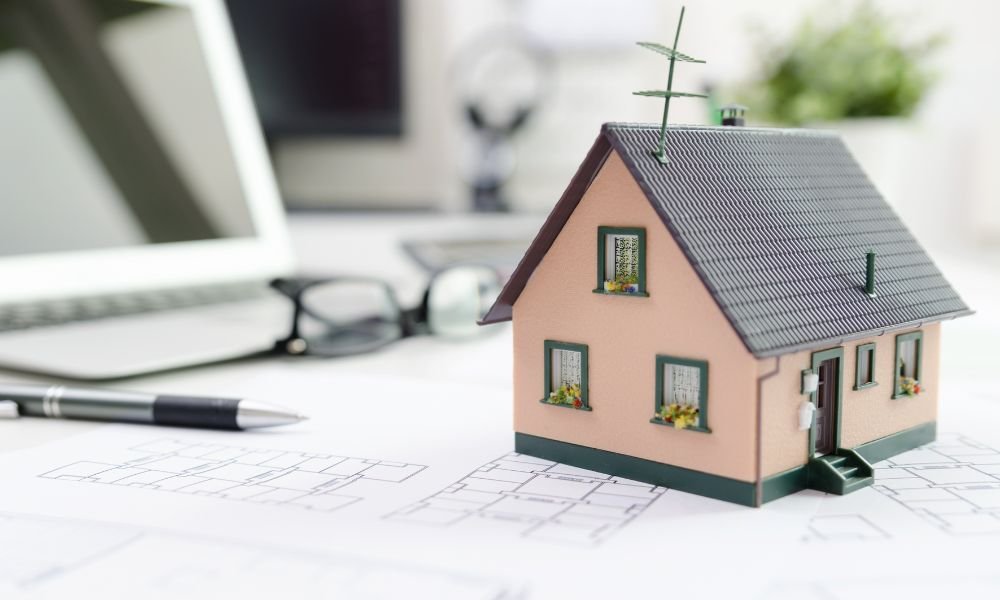Building a house is a significant financial investment, and it’s crucial to understand the various factors that contribute to the overall cost. From materials and labor to hidden fees and unforeseen expenses, the true cost of building a house can vary dramatically based on several elements.
In this blog, we’ll break down the different factors and uncover the truth about what it really costs to build a house. Whether you’re an owner-builder or working with contractors, understanding these details will help you budget effectively.
1. Cost per Square Meter: The Starting Point
The cost of building a house in Australia is typically measured in cost per square meter, and this varies depending on location, materials, and the complexity of the design. As a general rule of thumb:
Budget Construction: $1,600 – $2,400 per square meter
Mid-Range Construction: $2,500 – $3,200 per square meter
Luxury Construction: $3,500+ per square meter
The total cost will largely depend on the size of the home and the quality of the materials used. For instance, a standard three-bedroom home will cost less per square meter than a luxury custom-built residence with high-end finishes.
Pro Tip: When calculating your budget, include the entire floor area, including any outdoor living spaces, garages, and balconies, as these are often overlooked in initial cost estimations.
2. Location
Location plays a major role in determining the cost to build a house. Construction in metropolitan areas is generally more expensive due to higher labor rates and material costs. Additionally, building in regional or rural areas might seem cheaper, but the cost of transporting materials and contractors can increase the overall expense.
Urban Areas: Higher costs due to increased demand for contractors and materials, as well as stringent building regulations.
Rural Areas: Potentially lower material costs but can incur higher transportation fees and extended project timelines.
Additionally, consider local government fees, permits, and zoning regulations that could impact the overall cost. Be prepared for variations depending on where you plan to build.
3. Materials: What You Use Matters
The materials you choose for your house will significantly impact the cost. Basic materials, such as timber framing, brick veneer, and standard-grade flooring, are generally affordable, while premium materials, such as steel framing, marble countertops, and custom woodwork, can substantially raise your budget.
Basic Materials: More cost-effective and readily available, but may not provide the same level of durability or aesthetic appeal.
Premium Materials: Higher initial costs, but often result in increased durability, energy efficiency, and property value.
When selecting materials, balance your desires for luxury with practicality. Opting for high-end finishes in key areas, such as kitchens or bathrooms, can add value to your home without breaking the bank on less essential aspects like utility rooms or garages.
4. Labor Costs: Pay for Expertise
Labor costs account for a significant portion of your construction budget, and these rates vary based on the complexity of the build and the availability of skilled tradespeople in your area. The types of trades required will depend on the house’s design and any specialized elements you include.
Carpenters, Electricians, and Plumbers: Tradespeople with specialized skills often charge premium rates, especially in high-demand urban areas.
Specialized Labor: Unique design elements, like custom staircases, vaulted ceilings, or advanced energy-efficient systems, require experienced professionals, which can raise costs.
The cost of labor can also increase due to delays or changes in the project scope, so it’s essential to have clear communication with your contractors and ensure your plans are solid before starting construction.

5. Site Preparation: A Hidden Cost to Watch Out For
One often overlooked cost in construction is site preparation. Before the actual construction begins, your land may need to be cleared, leveled, and prepped for building. Depending on the condition of the land, this process can range from minor grading to extensive earthmoving and soil stabilization.
Clearing the Land: Removing trees, rocks, and existing structures can be expensive, particularly on heavily wooded or uneven land.
Excavation and Foundation: If the site is sloped or rocky, additional excavation and a reinforced foundation may be required, increasing costs.
Additionally, poor soil conditions may require soil treatment or the use of more expensive foundation systems to ensure stability.
6. Permits and Compliance: Regulatory Costs
Another important factor to consider is the cost of building permits and regulatory compliance. These fees vary depending on your location and the scope of your project. Local councils may require permits for zoning, environmental impact, and health and safety regulations, which can add thousands of dollars to your project.
In some cases, you may also need to conduct environmental assessments or obtain special permits for protected land or heritage-listed properties. These compliance measures, while essential, can be time-consuming and costly.
7. Hidden Costs and Contingencies
Even with the best planning, unexpected expenses can arise during construction. It’s critical to factor in a contingency budget—usually around 10-15% of the total project cost—to cover any unforeseen issues.
Some hidden costs that might arise include:
Changes in Material Prices: Prices for materials can fluctuate due to market demand or supply chain disruptions.
Delays: Weather conditions, labor shortages, or delays in material delivery can all increase costs.
Utility Connections: Installing water, gas, electricity, and sewer connections can add significantly to your budget, particularly in rural areas.
Having a contingency plan in place ensures that you can address these surprises without derailing your entire project.

8. How to Manage Costs Effectively
To keep your construction project on budget, here are a few tips:
Get Multiple Quotes: Ensure that you get at least three quotes from contractors and suppliers to compare prices and services.
Fixed-Price Contracts: Where possible, opt for fixed-price contracts with your builders to avoid unexpected price increases during the project.
Prioritize: Focus on high-value areas like kitchens, bathrooms, and energy-efficient systems that provide the best return on investment.
Regular Check-Ins: Monitor the project regularly to catch any potential issues early and adjust as necessary.
By managing costs effectively, you can stay within your budget while still building a high-quality home.
What Does It Really Cost to Build a House?
Building a house is a significant financial investment that requires careful planning and budgeting. The true cost of construction depends on several factors, including the size of the house, location, materials, labor, and hidden fees. By understanding these elements and planning for contingencies, you can ensure your project stays on track and within budget.
At Residential Estimating, we specialize in providing detailed and accurate cost estimates for residential construction projects. Contact us today to get a tailored estimate for your dream home, and start building with confidence!




